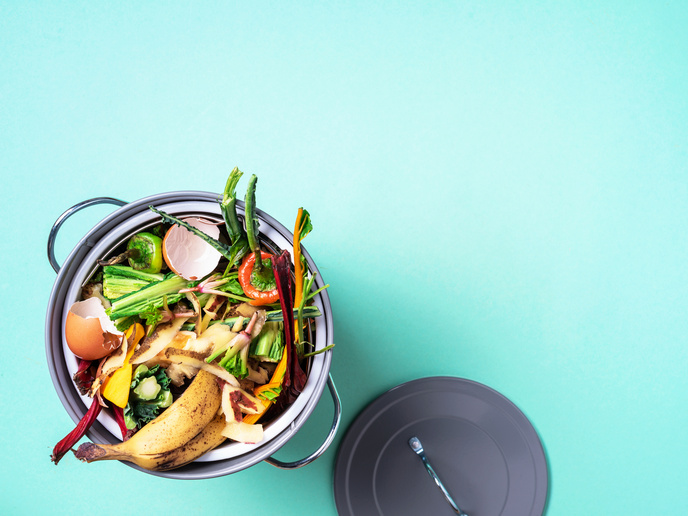Reducing food waste across the supply chain
Since its launch in 2021, the EU-funded SISTERS(opens in new window) project has been waging war against food waste along the supply chain. Project partner PROEXPORT – the Association of Fruit and Vegetable Producers and Exporters of the Region of Murcia, Spain – is doing its part through trials to extend the shelf life of produce. Around 89 million tonnes of food are wasted each year in the EU alone. This means that 20 % of the food we produce ends up as garbage. SISTERS’ battle to reduce this food waste is being fought through innovations targeting each stage of the supply chain. For farmers, the project is creating new tools to promote direct and short-chain sales. For processors and retailers, it is developing new packaging technologies. Lastly, for retailers and consumers, it is carrying out campaigns to raise awareness about food waste.
The packaging approach
PROEXPORT has organised trials of innovative containers called ‘BulkBox’ to reduce food losses of bulk products during transportation. The trials have been carried out with spinach and strawberries under real storage and conservation conditions, in which the BulkBox containers have been compared with the regular system. Researchers measured parameters such as carbon dioxide, relative humidity and temperature to assess freshness. They also thoroughly studied the products’ condition at the end of the process. According to a news item(opens in new window) posted on the SISTERS website, results to date show that “the new ‘BulkBox’ packaging could extend the shelf life of fruit and vegetables, reducing damage from knocks and product ageing.” Another innovative container called ‘StoreBox’ is currently under development, this time for packaged products. The container will be tested later in 2024. SISTERS also has biodegradable, recyclable and compostable food packaging in advanced stages of development, with plans to carry out its pilot production this year. The packaging will soon be tested in real conditions to assess its effectiveness in extending product shelf life.
Beyond packaging
However, SISTERS’ innovations do not stop at packaging. The project is also preparing an online short-chain platform, Regioneo(opens in new window), that will help farmers reduce food losses by selling their excess fruits and vegetables directly. As reported in another SISTERS news item(opens in new window), “a prototype has already been developed and, over the coming months, the platform will be piloted and optimized in close collaboration with primary producers.” Primary producers interested in a free trial can register through this link(opens in new window). The project is currently researching best practices for food waste reduction that will earn retailers a SISTERS Seal of Excellence. Additionally, SISTERS (Systemic Innovations for a SusTainable reduction of the EuRopean food waStage) is designing a new QR code label that will provide key information on a product, such as origin, environmental cost, proper conservation methods, and expiry and best consumption dates. For more information, please see: SISTERS project website(opens in new window)



